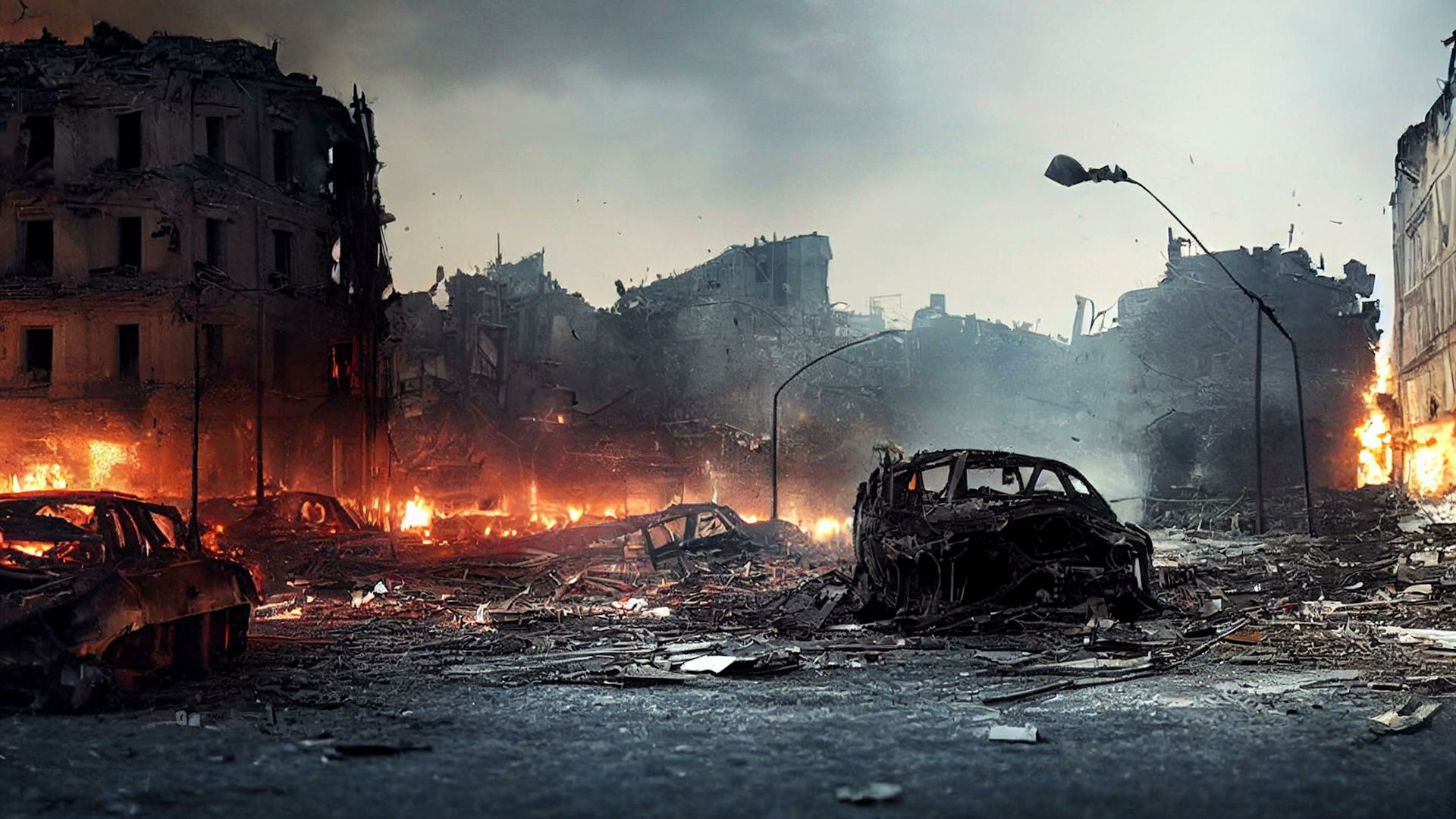
No one knows when, or even if, the tragic, grinding war in Ukraine will end. Yet we know enough to know that the United States and its allies how face an existential question that has no easy answer: can we or can we not afford to see Russia lose?
By Gregory F. Treverton
Note: The views expressed here are those of the author and do not necessarily represent or reflect the views of SMA, Inc.
The safest, though not always the wisest, prediction about the future is continuity, more of the same. By that logic, the war in Ukraine could settle into a semi-frozen conflict much like before the Russian invasion though with a higher level of conflict. Time is not, however, on Ukraine’s side and probably never was—a fact obscured in the first year of the war by Russia’s ineptness compared to Ukraine’s brave competence. The numbers are in Russia’s favor.
One thing is crystal clear: Putin has no incentive to negotiate in the next two years. He may bet that numbers and his human wave assaults will turn the tide on the battlefield. In any case, he will surely wait until our 2024 presidential elections, hoping for a Trump victory that would pull the plug on any US assistance to Ukraine.
A second thing is also now clear: while the Ukrainians are doing the fighting and dying, this has become our war, though exactly who “our” applies to is less clear. The administration has been tempted, unwisely in my view, to portray the war as democracy versus autocracy, yet many of the nations we would want to include in the democratic club—India, Israel, and South Africa, for instance—have sat firmly on the fence, attracted if not by Russia’s political system, then at least by its cheap oil and gas. Better to keep the justification for our involvement on the high road of international principle, opposition to naked, unprovoked aggression and to willful targeting of civilians.
Recognizing that the war is now ours raises the existential question. The answer is far from obvious. If Russia visibly loses, that will be the end of Putin and perhaps of Russia as well. That would take a failing but nuclear armed state gone rogue out of the geopolitical equation. As a positive vision it evokes Henry Morgenthau’s plan for a post-World War II Germany that was demilitarized and de-industrialized. Yet even that happy vision was estimated by the US government to risk 25 million Germans dying of starvation.
It is all too easy to imagine the risks of chaos across Russia’s eleven time zones. In retrospect, the end of the Soviet Union was remarkably orderly, a fact for which Gorbachev and Yeltsin probably deserve more credit than they get. Our imaginings then ranged from civil war to war lord-ism to a hemorrhage of nuclear secrets and materials. None came true then, in part also because of wise US policy, especially on the nuclear front.
It is hard to believe we would be so lucky this time around. For historical precedents, the Bolshevik revolution of 1917–18 is probably more apt than the end of the Soviet Union. All the hoary scenarios we imagined in the early 1990s would be more than possible, with poverty sharpened by the effect of sanctions, hopes dashed by defeat, and the threat of war crimes retribution hanging in the air. Those bidding to be Russia’s new leaders would be desperate; at least at the end of the Soviet empire, there was hope for Russia. Its defeat this time around would dash any such hopes. Who knows what those desperate men might do. What they certainly wouldn’t do is reach out to the United States for cooperative ventures, as Gorbachev and Yeltsin did.
When the gods wish to punish us, the saying has it, they grant us our wish. Imagining the risks of Russia’s demise should not push us to pressure Kyiv to sue for peace, at least not yet, but it should lead us to be careful about what we wish for.